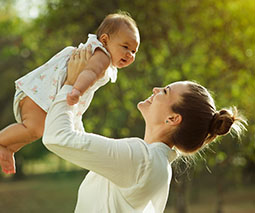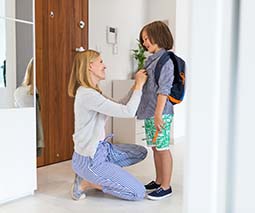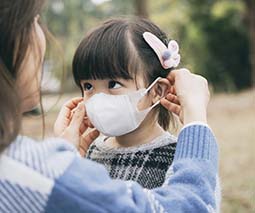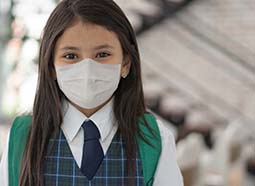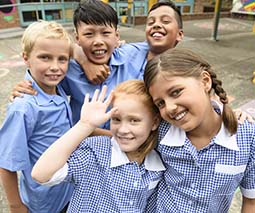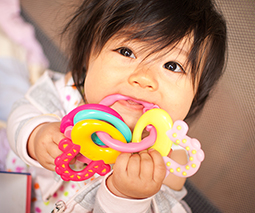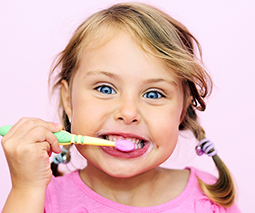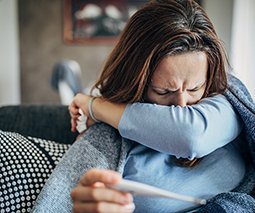Coronavirus explained: What we know about pregnancy, breastfeeding and kids
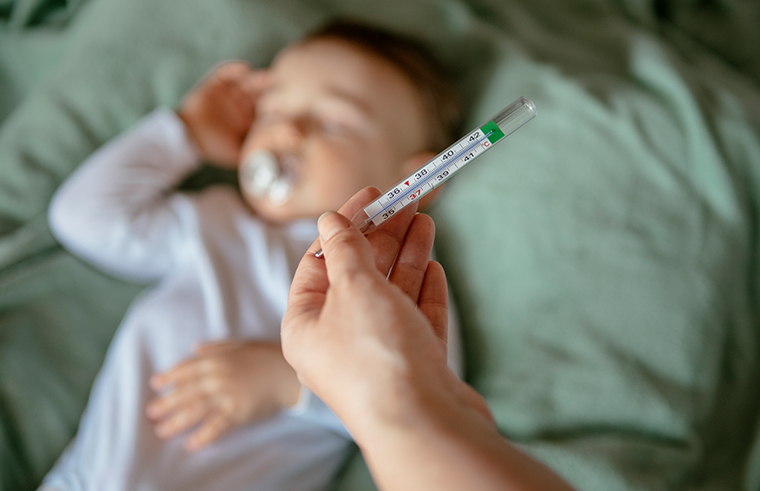
Coronaviruses are a large family of viruses of which the much-discussed COVID-19 is one.
Middle East Respiratory Syndrome (MERS) and Severe Acute Respiratory Syndrome (SARS) are also in the coronavirus family. COVID-19 was first reported in December 2019 in Wuhan City in China.
Here’s what mums and dads need to know about this new virus:
What are the symptoms of COVID-19?
Symptoms can range from mild illness to pneumonia. Some people will recover easily, and others may get very sick very quickly.
“Common signs of infection include respiratory symptoms, fever, cough, shortness of breath and breathing difficulties,” the World Health Organisation says.
“In more severe cases, infection can cause pneumonia, severe acute respiratory syndrome, kidney failure and even death.”
Who is most at risk?
In Australia, those most at risk are people who have recently been in mainland China, Italy and/or Iran OR been in close contact with someone who has a confirmed case of coronavirus.
“Pregnant women experience immunologic and physiologic changes which might make them more susceptible to viral respiratory infections, including COVID-19,” the US Centre for Disease Control (CDC) explains.
Are babies and children especially susceptible?
At the moment there is no evidence that children are more susceptible to COVID-19. The majority of cases have occurred in adults so far. That said, some children and babies have been infected too.

Do I need to wear a face mask?
You DO NOT need to wear a mask unless you have COVID-19. Avoid panic-buying masks because medical clinics are running short and need them more than uninfected-yet-panicked consumers do.
How is COVID-19 spread?
It is currently thought that the virus is spread via:
- close contact with an infectious person
- contact with droplets from an infected person’s cough or sneeze
- touching surfaces that have cough or sneeze droplets from an infected person, and then touching your mouth or face
Because the virus is so new, experts are still learning about it. Much of what they are suggesting has been extrapolated from the way influenza and SARS and MERS have been contracted and spread.
What is the incubation period for COVID-19?
At this early stage, estimates range from between 1 and 14 days from exposure to presentation of symptoms. As more data becomes available this estimate may change.
Can my dog or cat give me COVID-19?
Nope.
“There is no evidence that companion animals or pets such as cats and dogs have been infected or could spread the virus that causes COVID-19,” the World Health Organisation says.
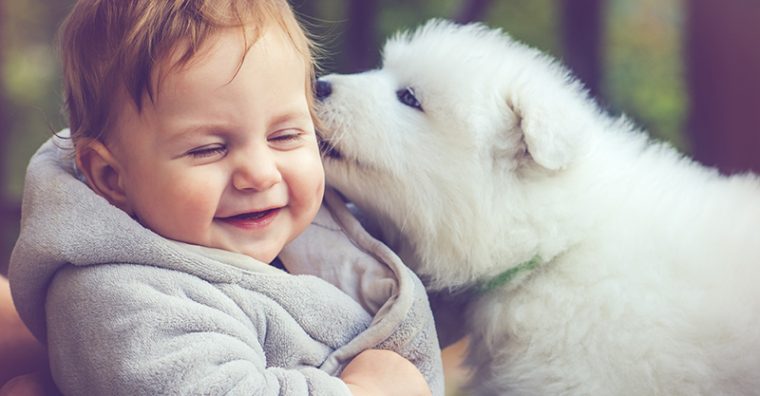
Can pregnant women give COVID-19 to their babies?
The Royal Australian and New Zealand College of Obstetricians and Gynaecologists (RANZCOG) are posting regular updates on their website to keep pregnant women and parents informed.
They say that at this point it looks like pregnant mums with the virus can’t transmit it to their unborn babies. Again, it’s early days.
“Currently there is limited information on the effects of COVID-19 in pregnancy, however a preliminary study suggests no mother to child transmission,” RANZCOG write on their website.
This conclusion is based on a small study of 19 pregnant women who were infected with COVID-19 which did not find that the illness was passed from mum to baby.
“Pregnant women are advised to take precautions to reduce risk of exposure to infections,” RANZCOG urges.
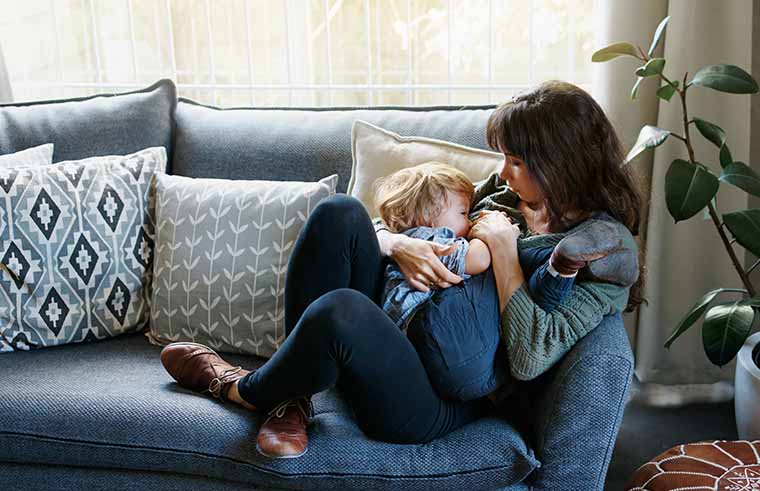
Can COVID-19 be transmitted through breast milk?
It’s not known yet. What we do know is that breastfeeding mums who contracted another coronavirus – SARS – did not have the virus in their breast milk.
“In limited reports of lactating women infected with SARS-CoV,virus has not been detected in breast milk; however, antibodies against SARS-CoV were detected in at least one sample,” the CDC says.
Can you keep breastfeeding if you have COVID-19?
Again, we don’t have enough data on the virus as yet. If you do contract COVID-19, you can discuss this with your medical team based on up-to-the-minute learnings about the illness.
The CDC says breastfeeding mothers with COVID-19 “should take all possible precautions to avoid spreading the virus to her infant, including washing her hands before touching the infant and wearing a face mask, if possible, while feeding at the breast.”
“If expressing breast milk with a manual or electric breast pump, the mother should wash her hands before touching any pump or bottle parts and follow recommendations for proper pump cleaning after each use. If possible, consider having someone who is well, feed the expressed breast milk to the infant.”
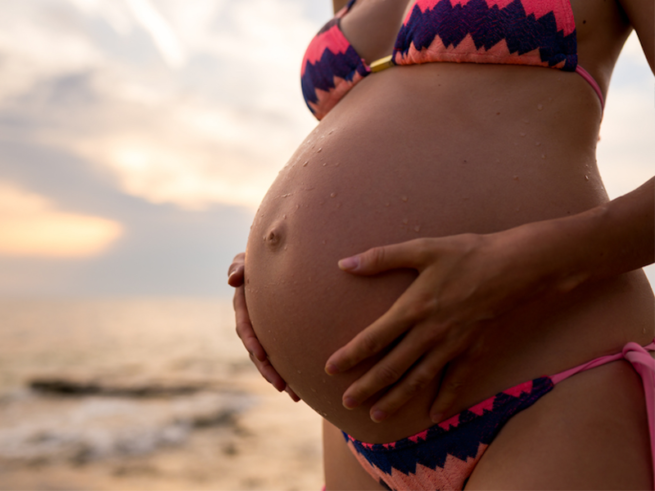
COVID-19 vaccination and treatment
The Australian Government’s Department of Health are posting daily updates on COVID-19.
There is currently no vaccination available for COVID-19, but scientists are hard at work attempting to formulate one.
“There is no treatment for coronavirus, but medical care can treat most of the symptoms,” the Department of Health explains.
How does COVID-19 affect pregnant women?
We don’t know a huge amount about this at present.
RANZCOG have highlighted the following consequences of influenza, MERS and SARS during pregnancy, although it’s not definitively known if COVID-19 will have the same impacts.
- Influenza is a potentially serious disease for pregnant women, the foetus and newborn babies.
- Pregnant women have an increased risk of severe complications from influenza.
- Pregnant women are more than twice as likely to be admitted to hospital with influenza than the general population.
- SARS during pregnancy is associated with an increased incidence of complications such as spontaneous miscarriage, preterm delivery, intrauterine growth restriction and admission to the intensive care unit and more.
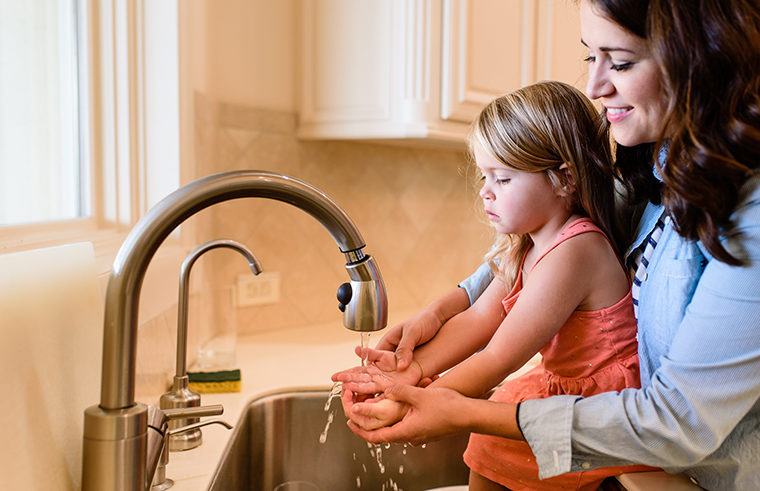
Avoiding COVID-19
Pregnant women are advised to avoid non-essential overseas travel.
Good hygiene may help protect you from COVID-19. Experts suggest you:
- wash your hands often with soap and water for 20 seconds
- use a tissue and cover your mouth when you cough or sneeze – or do this into your elbow
- avoid social contact with others ie touching
If you think a surface may be infected with COVID-19, clean it with simple disinfectant to kill the virus and protect yourself and others. It’s not known how long the virus can live on a surface at this stage. It could be anything from a few hours to several days.
What if I’m presenting symptoms?
Phone your obstetrician, GP or midwife as soon as you present any symptoms. They will advise you of their protocols around testing for this illness. Do not visit a clinic or hospital without calling to discuss your symptoms and history first.
If you suspect you or a family member has coronavirus you should call (not visit) your GP or ring the national Coronavirus Health Information Hotline on 1800 020 080.
